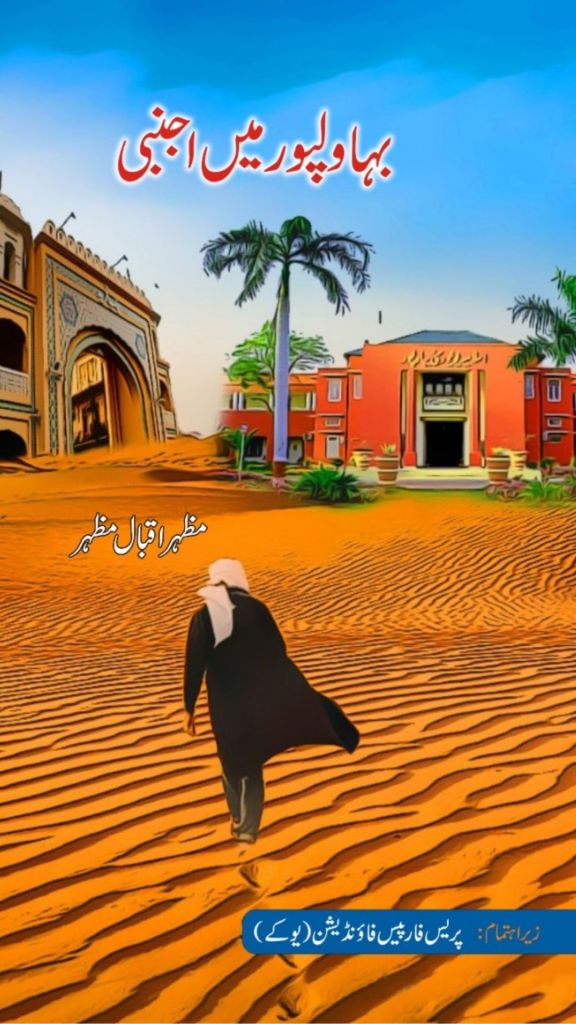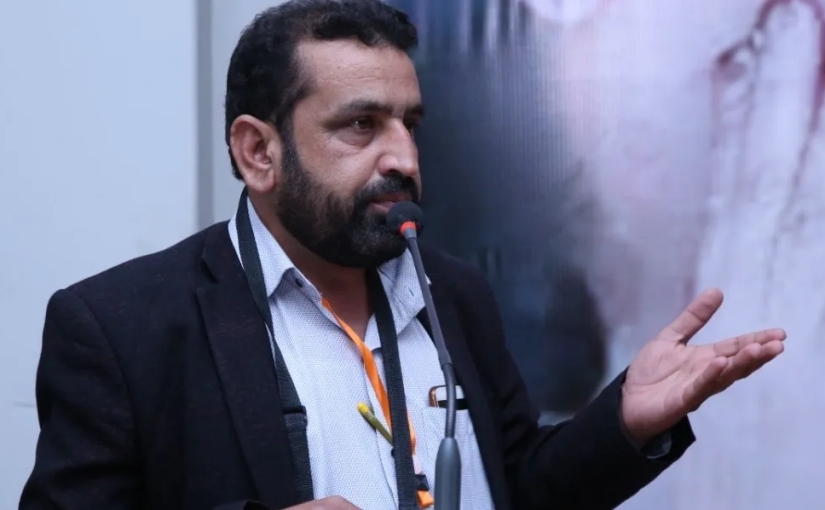Believe it or not, man is a traveler from eternity. He is on travel from his birth to the next destination.

And this was a common belief not only in Semitic religions but also Aryan. According to those religions, we all will go to heaven after death.
Such belief is continuing to this day. The philosophy of transmigration of souls says that man has many births and he comes and lives in different forms in different births.
It is a fact that man is extremely attached to his past. Countless human beings have come and gone on this shell (earth), and some are passing.
Many have yet to pass. Many civilizations have risen on this earth and been buried in the dust.
Curious to find them around, people of later times kept wandering on this earth.
The proof of this search is in many forms of collected knowledge such as old manuscripts, huge piles of books, impressions, libraries, and historic buildings standing on the chest of the earth.
Why the mankind loves the past so much? Maybe, curiosity, passion, and quest often cling to it.
This knot will probably be solved by someone in the future, it could be another Freud of his time.
I have got this book titled “Bahawalpur Main Ajnabi” in my hands which is written by Mazhar Iqbal Mazhar. The book is divided into two parts.
The first part is based on the author’s brief stay in Bahawalpur, which includes a tour of the present city of Bahawalpur.
It mainly features the old city which he himself calls the city of Nawabs- the royal family of the state of Bahawalpur.
And the second part consists of two beautiful short stories. If I could say from the heart, these two short stories (afsanay) are also flowing in the spirit of the first half of the book namely journey.
Man is a mixture of emotions. For him (author), the flow of emotions and thoughts is also a journey.
Misery and poverty in society, caste system, ups and downs of a peculiar mindset, economic inequalities, civilization, and culture; all these external factors create a sea of contradictions as they rake up in one’s self.
These contradictions create a commotion.
It is the character of a sea that can bear the brunt of its own tumultuous nature.
Yet, it is not possible for a sensitive human being to face such an unrestrained flow of emotions without having an impact on his own personality.
All these external factors bind a sensitive person. Then they find a direction for him and set out on a journey. This journey becomes a journey of creation.
Mazhar’s journey of creation is predictable. He writes about what he sees in the life around him.
Such as, in the short story titled “Aik boond pani”, it is the journey of his soul that witnesses the sighs of sobbing humanity and dying wells in the villages spread all over the map of the Thar desert.
He portrays the true passions of the Eastern civilization in his short story ‘Dil Mandir’.
In the journey to Bahawalpur, the author travels alone but he keeps his homeland with him.
The childhood memories of Kashmiri pears, Kashmiri students in Bahawalpur, the identity campaign of the Bahawalpur region, and the destiny of the Seraikis and Kashmiris.
Pick any topic from this book and you will find a loving reference somewhere to his ancestral land.
His memories are fragrant with a deep sense of belonging to his homeland as he instantaneously paints a grim picture of those memories.
The author, occasionally, makes strong and blunt references to the shackled history of Kashmiris.
Such as there is a bitter truth in this sentence and it is a very strong thought.
“Apart from nationalism and patriotism, the singers of Islamism, Annexism ( the annexation of Kashmir), communism, and countless other ideologies are still receiving praise for their committed and melodious tone”. Not everyone can swallow it easily.
Bahawalpur has many colors. Inside Bahawalpur, Bahawalpur’s sweet Seraiki language, culture, Nawabi era architecture, cultural heritage, and the Sarafa (Jewellers) market, all these colors have been presented by the author in his book by painting a glorious picture of this city.
By reading the book, it seems as if you have reached the Nawabi era of Bahawalpur.
The red-brick buildings of the Nawabi era, luxury lifestyle, stories of the Nawabi era, everything in this book takes you on a journey.
Even after reading the two stories in the book ‘Dil Mandir’ and ‘Ek boond Pani’, it seems that the impression of desert life is deep in the author’s subconscious.
Especially the story ‘Dil Mandir’ is full of romantic and eastern atmosphere.
There is such a strong focus on detail and painting in every scene that not a single place in the story can be counted as just fiction, it’s more than that.
About the writer












